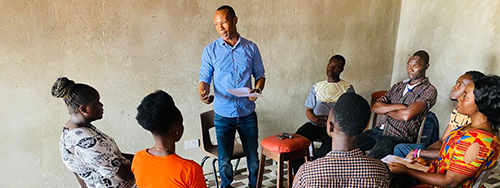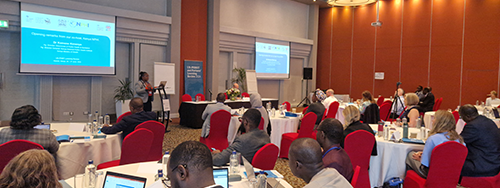
UK-PHRST and Africa CDC's joint study to evaluate how international public health deployments strengthen national outbreak preparedness and response capabilities across African Union member states has shared 15 co-developed recommendations to strengthen the impact of future deployments, create sustainable change and outline the conditions that support the most effective outcomes.
Go to page




